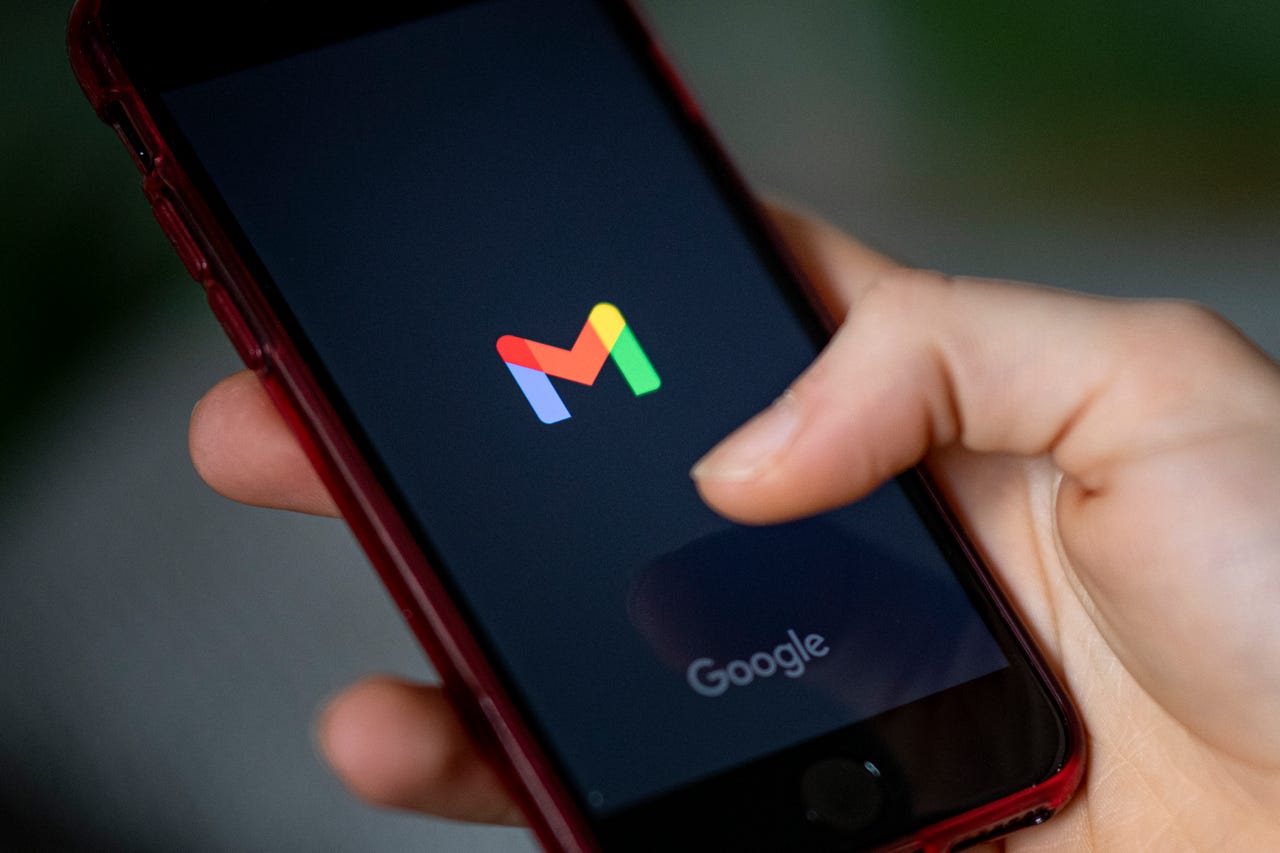































 Photo by Fabian Sommer/picture alliance via Getty Images
Photo by Fabian Sommer/picture alliance via Getty Images Those of you with a stray Google account that you haven't used in a long time may see it given the heave-ho later this year.
In a news item published today, Google announced an update to its inactivity policy aimed at accounts that haven't been used or signed into for two years. Starting in December, any account that falls into this scenario could be deleted along with its content across Google Workspace (Gmail, Docs, Drive, Meet, Calendar), YouTube, and Google Photos.
Also: Suicide-related Google searches to yield message templates for seeking help
The new and revised policy applies only to personal Google accounts. This means that accounts for organizations such as businesses and schools won't be affected. The policy itself is designed to meet industry standards around data retention and to restrict the amount of time that Google can hang onto your unused personal information.
With regulatory standards getting stricter about data security and privacy, many organizations have had to revamp their policies about customer and user content. Though GDPR and other regulations don't list a specific number of years for data retention, they do ask companies to follow best practices to determine how long to keep information.
In updating its own policy for unused data to two years, Google cited security issues as a determining factor. Even though the company said it tries to protect customer information from spam, phishing scams, and account hijacking, an account that's been dormant is more likely to be compromised.
Also: How to join the Google Search Labs waitlist to access its new AI search early
"This is because forgotten or unattended accounts often rely on old or re-used passwords that may have been compromised, haven't had two factor authentication set up, and receive fewer security checks by the user," Google said in its news release. "Our internal analysis shows abandoned accounts are at least 10x less likely than active accounts to have 2-step verification set up. Meaning, these accounts are often vulnerable, and once an account is compromised, it can be used for anything from identity theft to a vector for unwanted or even malicious content, like spam."
So as not to panic users, Google will roll out the new policy slowly and carefully. Though the changes go into effect today, it won't impact people with inactive accounts until December of 2023. Even then, the company said it will take a phased approach by focusing on accounts that were created and never used again. Before an unused account is deleted, Google will send the user multiple notifications to both the Gmail address and any recovery address provided.
To make sure your Google account doesn't get deleted, your best bet is to simply sign into it at least once every couple of years.
Also: How to use Google Bard now
Beyond just signing into the account, signs of activity would include reading or sending an email, using Google Drive, watching a YouTube video, downloading an app from Google Play, using Google Search, and using the Sign in with Google option to log into a third-party app or service. Plus, any subscriptions to an app, service, or publication set up through your Google account would also be considered an active use.
 Tags quentes :
Inovação
Nuvem
Tags quentes :
Inovação
Nuvem